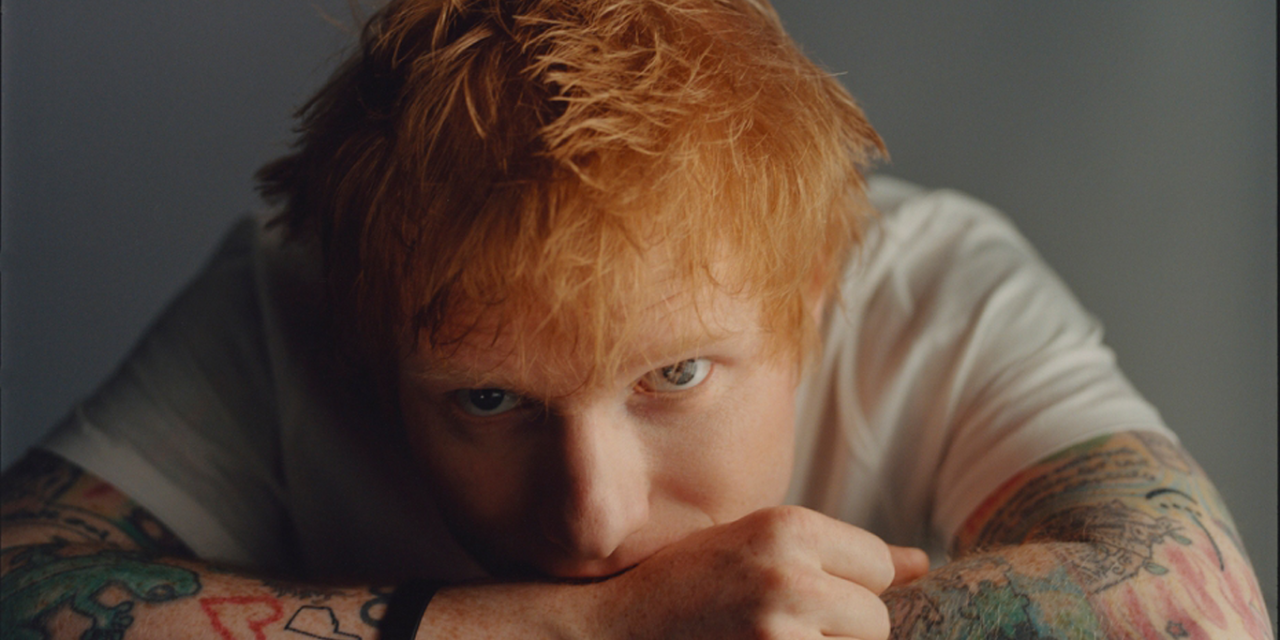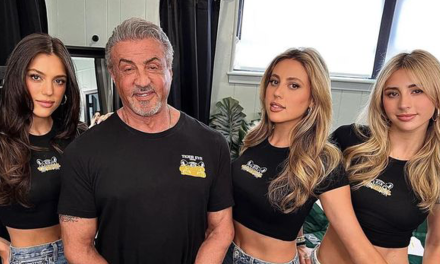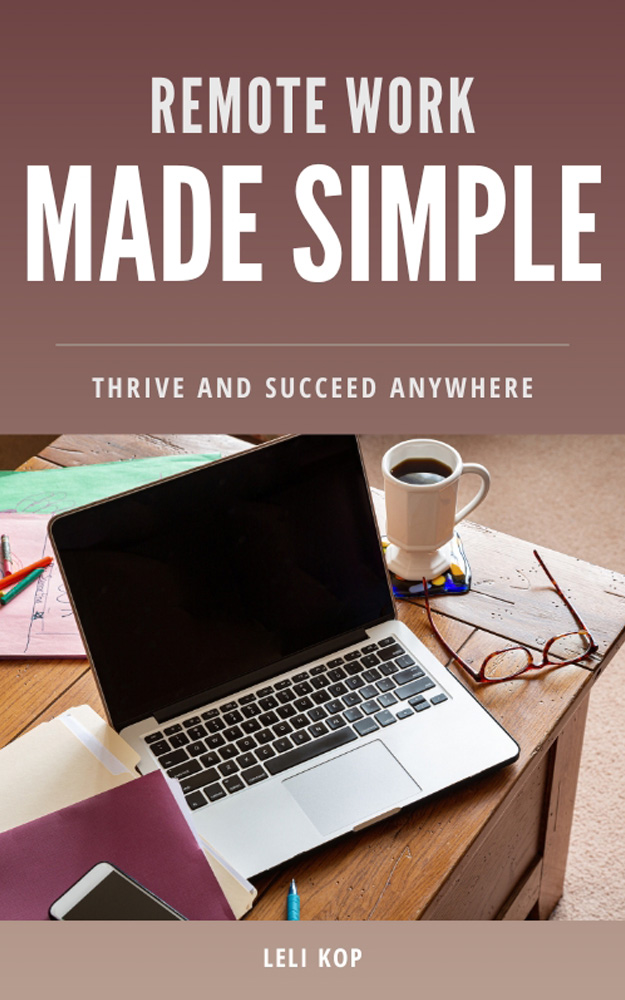The music industry is on edge as the copyright trial involving Ed Sheeran and his 2015 hit “Thinking Out Loud” unfolds. The outcome of this high-profile case could potentially spell the end of an era for the serial hit-maker, who has undeniably left an indelible mark on the music landscape. The ongoing legal battle revolves around allegations of plagiarism, with the family of the late Ed Townsend, co-writer of Marvin Gaye’s iconic 1973 song “Let’s Get It On,” accusing Sheeran of copying the soulful essence of the classic track.
Although the lawsuit was initially filed in 2016, it is only now that the court proceedings are gaining momentum. Sheeran, known for his catchy melodies and heartfelt lyrics, has vehemently denied the plagiarism claims and has taken a bold stance by threatening to abandon his music career altogether if the trial does not rule in his favor. His words, uttered in court on May 1, sent shockwaves throughout the industry.
“If that happens, I’m done, I’m stopping,” Sheeran declared, according to reports from the Daily Mail. The gravity of the situation is evident in his emotional response. “I find it really insulting to devote my whole life to being a performer and a songwriter and have someone diminish it,” he expressed, highlighting the personal significance of the trial’s outcome.
The stakes are high not only for Sheeran but for the entire music industry. Copyright infringement cases have become increasingly prevalent in recent years, with artists and their estates fiercely guarding their intellectual property rights. The outcome of this trial could set a precedent for future cases, shaping the boundaries of creativity and artistic inspiration.
During the trial, Sheeran adamantly defended his position, countering the accusations of copying Marvin Gaye’s work. He cited the common occurrence of similar chord progressions in music and explained that he often creates mash-ups of songs during live performances, illustrating that many songs share chordal similarities. Sheeran eloquently conveyed his disbelief at the allegations, stating, “And quite frankly, if I’d done what you’re accusing me of doing, I’d be quite an idiot to stand on a stage in front of 20,000 people and do that.”
The trial not only highlights the importance of protecting intellectual property but also raises essential questions about artistic influence, creativity, and the fine line between inspiration and plagiarism. Musicians draw from their predecessors and contemporaries, creating a continuous musical conversation that shapes the evolution of genres and styles. However, determining where inspiration ends and plagiarism begins is a delicate task for the courts.
Regardless of the trial’s outcome, the music industry is bracing itself for a potential seismic shift. Should Sheeran lose the case, it would undoubtedly send shockwaves through the industry, causing artists to reassess their creative processes and the risks associated with emulating the styles and sounds that have come before. Conversely, a victory for Sheeran could signify a win for artistic expression and the freedom to build upon the foundations laid by musical pioneers.
















